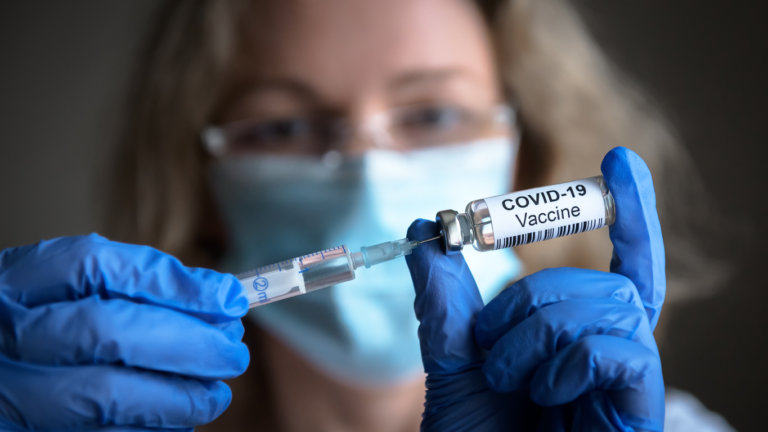New York City’s vaccination mandate takes effect on December 27. All private-sector employers in the city will be required to ensure their employees are vaccinated against Covid-19. While the mandate will likely face legal challenges, the courts have sided with the city in litigation over previous mandates. The best way for employers and employees to understand their rights and obligations under the new vaccination mandate is to consult with an experienced employment lawyer. Meanwhile, here’s what you should know about New York City’s vaccination mandate.
The Backdrop: Omicron and Rising Case Numbers
Mayor Bill de Blasio announced the new vaccination mandate on Dec. 6, catching many businesses by surprise because his term is coming to an end. Nonetheless, de Blasio called the mandate a preemptive strike to protect against Covid variants, including Omicron, and reduce transmission in the coming winter months.
The Mayor commented that “We’ve been to this movie before,” and “we are not going back to what happened in 2020.”
The city’s vaccination mandate differs from previous mandates, which are limited to public sector employees, school employees, and healthcare workers. Those mandates have withstood legal challenges, and the courts will likely uphold this one.
The new mandate builds on the Key to NYC Pass, as well as state vaccine requirements for healthcare providers and public workers, and expands the requirement to all employers in the city. In short, the vaccination mandate is designed to promote and preserve safe workplaces and head off potential business shutdowns and restrictions.
NYC Vaccination Mandate Guidelines
Employers should be aware of the following guidelines:
- As of Dec. 27, 2021, all employees in the city will be required to submit proof of Covid-19 vaccination, but it need only be the first dose; the full vaccination requirement must be met within 45 days thereafter.
- A covered employer must exclude from the workplace any employee who has not provided such proof unless a religious or medical accommodation applies, or a worker will enter the workplace for a quick and limited purpose.
- Covered entities and individuals include clothing stores, grocery stores, taxicab or rideshare owners-operators, freelance workers, and independent contractors who utilize shared workspaces.
- The mandate applies to anyone who works in the city with any regularity, but not those who come into town intermittently.
- Workers who have a sincerely held religious belief or a medical condition that prevents them from being vaccinated may request a reasonable accommodation. The employer must engage in a cooperative dialogue to determine whether the accommodation can be granted and what form it will take (e.g, working remotely).
- Booster shots will not be required for employees to be considered “fully vaccinated” at this time.
- Businesses are required to complete and sign an attestation provided by the Department of Health and Mental Hygiene (DOHMH) and post it in a conspicuous place.
- The order does not apply to employers and employees who are already subject to another order by a local, state, or federal entity that requires them to maintain or provide proof of full vaccination.
The Takeaway
With more employees back in their workplaces, the emergence of the Omicron variant, and the rising Covid-19 infection numbers, the city’s vaccination mandate comes at a critical juncture. The best way to ensure your business complies with the mandate and provides a safe environment for your employees is to consult with an experienced New York City employment lawyer.


